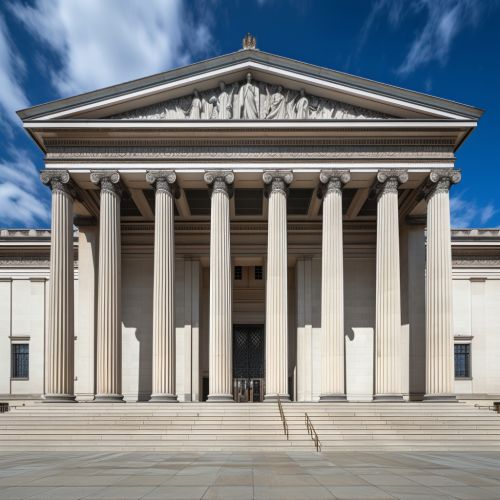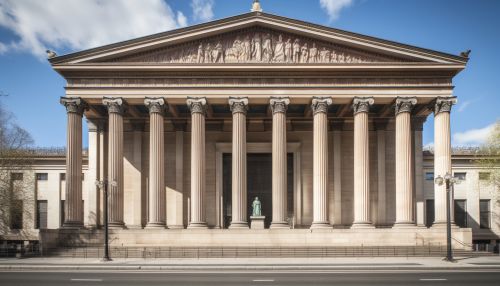Austen Henry Layard
Early Life
Austen Henry Layard was born on 5 March 1817 in Paris, France. His parents were Henry Peter John Layard, a solicitor and his wife Marianne Austen. Layard was of English and Huguenot descent. He was educated in schools in England and Switzerland. Despite his family's limited financial means, Layard developed a passion for art and archaeology at a young age.


Career
Layard began his career as a solicitor, following in his father's footsteps. However, his true passion lay in the field of archaeology. In 1845, he embarked on an expedition to the Middle East, where he conducted excavations at Nimrud and Nineveh, ancient cities in modern-day Iraq. His discoveries during these excavations, particularly those related to the Assyrian Empire, brought him international recognition.
Layard's work in the Middle East spanned a decade, during which he unearthed numerous artifacts and contributed significantly to the understanding of ancient Assyrian culture. His findings were published in a series of books, including "Nineveh and its Remains" (1849) and "Discoveries in the Ruins of Nineveh and Babylon" (1853), which remain seminal works in the field of Assyriology.


In 1852, Layard returned to England and entered politics. He served as Under-Secretary for Foreign Affairs and later as First Commissioner of Works in the British government. Despite his political commitments, Layard continued to contribute to the field of archaeology, promoting the study of ancient cultures and advocating for the preservation of archaeological sites.
Later Life and Legacy
Layard retired from politics in 1869 and was appointed as the British Ambassador to the Ottoman Empire. He served in this capacity until 1877, after which he retired from public life. Layard passed away on 5 July 1894 in London, England.
Layard's contributions to archaeology and his discoveries in the Middle East have had a lasting impact on the field. His work helped to shape the modern understanding of the Assyrian Empire and has influenced generations of archaeologists. Layard's legacy is commemorated in the Layard Theatre at Canford School in Dorset, England, and in the Austen Henry Layard Collection at the British Museum.


